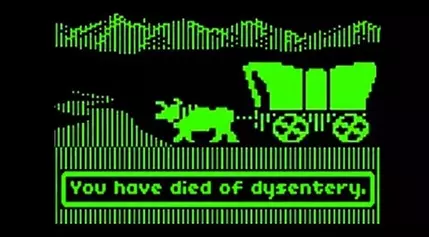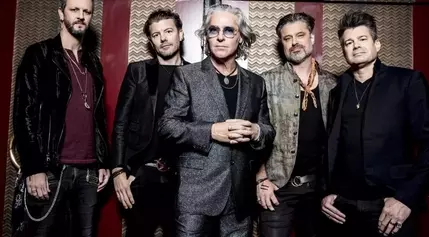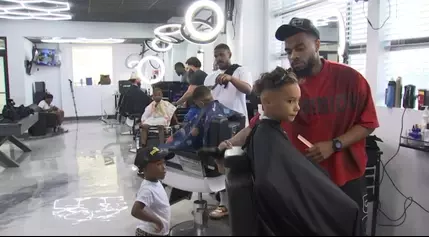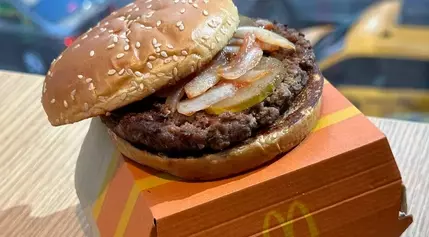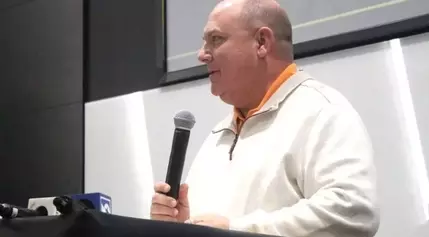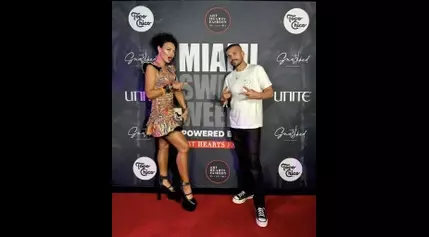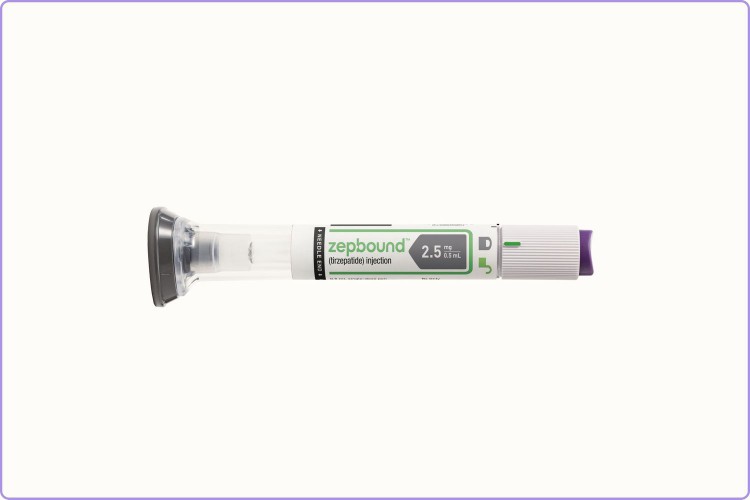Finance
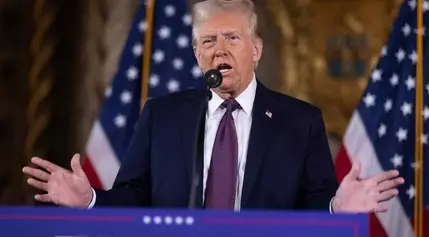
As President-elect Donald Trump seeks intervention from the highest court, the stakes are high for both the legal system and the smooth transition of power. The request to delay his sentencing in the "hush money" case has ignited a debate over presidential immunity and the complexities of criminal proceedings during the transition period.
A Critical Moment for Presidential Transition and Judicial Integrity
Trump's Legal Team Urges Supreme Court Intervention
The Supreme Court now stands at a pivotal juncture as it considers an urgent appeal from President-elect Donald Trump. His legal representatives have petitioned the justices to intervene and temporarily halt further criminal proceedings in New York state court, including his imminent sentencing. This plea comes after a New York appeals court rejected Trump's latest effort to postpone the sentencing.Trump's team argues that a president-elect should be immune from criminal proceedings during the critical transition period. They emphasize the immense responsibilities involved in preparing to assume the executive power of the United States. During this time, the president-elect must engage in the extraordinarily demanding task of readying himself for office, which includes communicating with world leaders, setting policy agendas, and coordinating with the outgoing administration across federal agencies.The Context of the "Hush Money" Case
The roots of this legal battle stretch back several years. In late May, a jury found Trump guilty of 34 state felony counts related to falsifying business records associated with a 0,000 payment made before the 2016 presidential election. This case has been marked by intense scrutiny and controversy. Critics argue that the prosecution was politically motivated and lacked merit, centered around claims made by a former attorney who has since been disbarred. However, supporters of the investigation maintain that due process must be upheld, regardless of the defendant's status.The investigation leading to these charges began in 2018 and has already resulted in significant legal milestones. Notably, the Supreme Court ruled in July 2020 that the Manhattan district attorney had the authority to subpoena Trump's tax records as part of its criminal probe. Despite Trump's efforts to shield these records, the court ultimately rejected his attempts, paving the way for further legal action.Judicial Delays and Political Implications
Trump's sentencing has faced multiple delays. Initially set for July 11, the proceedings were postponed following a landmark Supreme Court decision that former presidents cannot be federally prosecuted for official actions taken while in office. This ruling stemmed from a separate case involving Trump and special counsel Jack Smith, which has since been dropped due to Justice Department policy.Subsequent delays were made to avoid interference with the presidential campaign and to accommodate the transition period. Most recently, New York Justice Juan Merchan scheduled the sentencing for January 10, just days before Trump's inauguration. Merchan indicated that he does not intend to sentence the president-elect to incarceration and will allow him to appear virtually. Nevertheless, Trump's lawyers contend that this timing imposes an unconstitutional burden on the president-elect, compromising his ability to conduct an orderly transition.The Broader Impact on Presidential Immunity and Governance
At the heart of this dispute lies a fundamental question about presidential immunity and the balance of power. Trump's legal team asserts that forcing him to prepare for a criminal sentencing while transitioning into the presidency undermines vital national interests. They argue that such an imposition is intolerable and unconstitutional, potentially jeopardizing the stability of governance during a crucial period.This case has broader implications for how future presidents might navigate similar situations. It challenges the legal framework surrounding presidential immunity and raises important questions about the separation of powers. As the Supreme Court deliberates, the outcome could set a precedent that affects the operations of the federal government and the institution of the presidency for years to come.Response from Prosecutors and Public Reaction
Manhattan District Attorney Alvin Bragg's office has pledged to respond formally to Trump's bid in court papers. Public reaction to the case has been mixed, with supporters and critics alike weighing in on the merits of the prosecution. Some view the case as a test of accountability, while others see it as a politically charged affair. Regardless of perspective, the eyes of the nation remain fixed on the Supreme Court as it weighs this historic decision.


